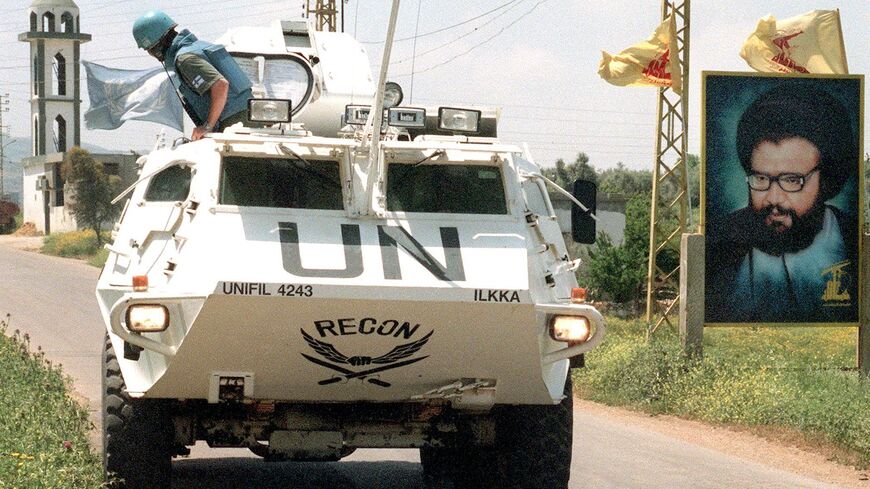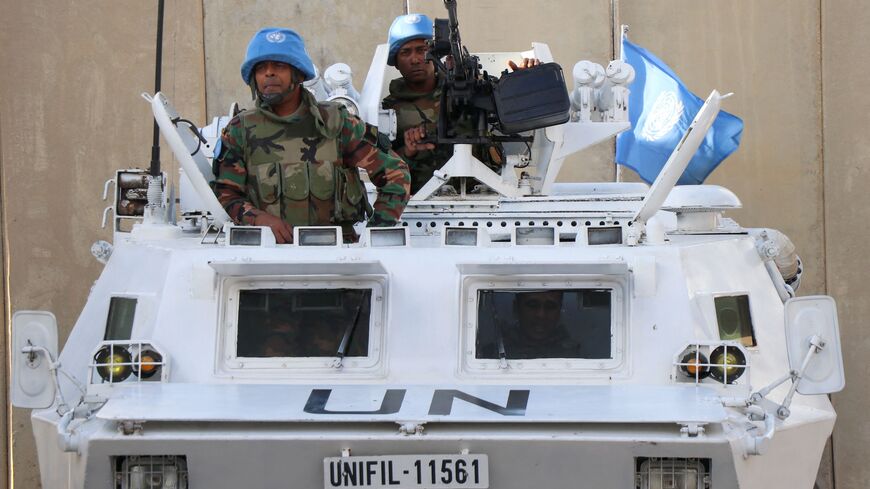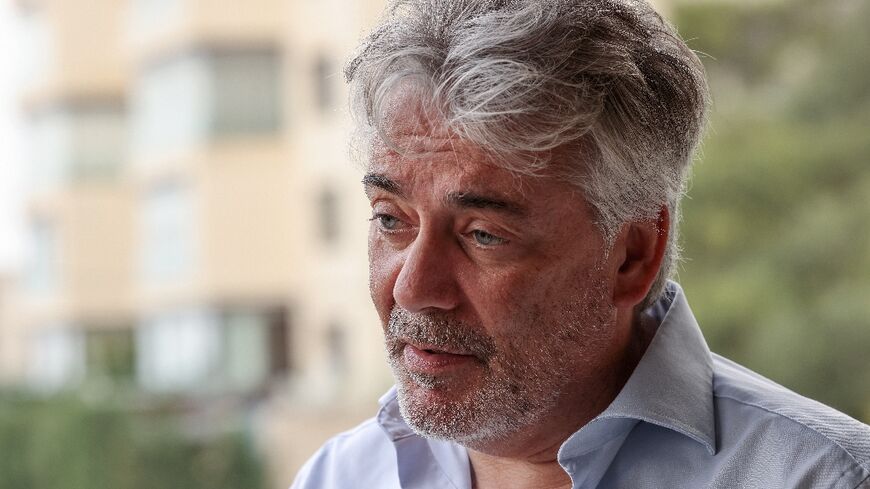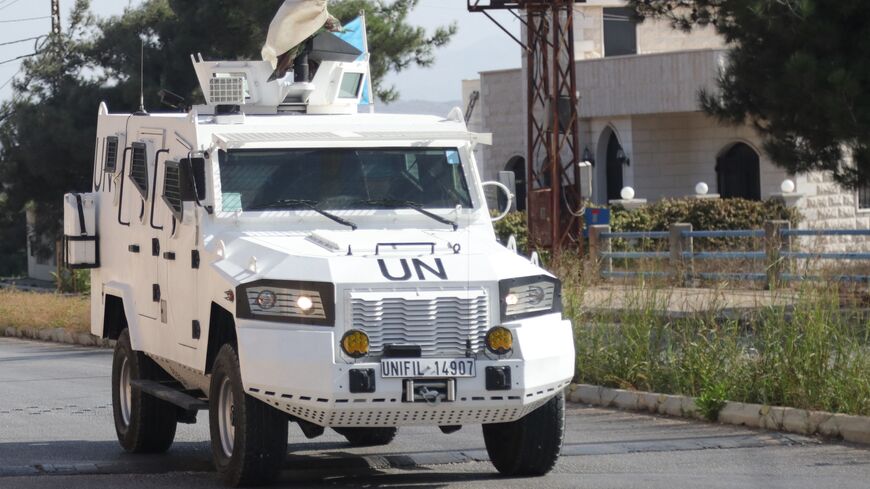EU foreign affairs chief Borrell condemns Israel over UNIFIL incident
EU foreign affairs chief Josep Borrell demanded that Israel explain Friday’s incident, where a post of UNIFIL in southern Lebanon was damaged and two soldiers injured.
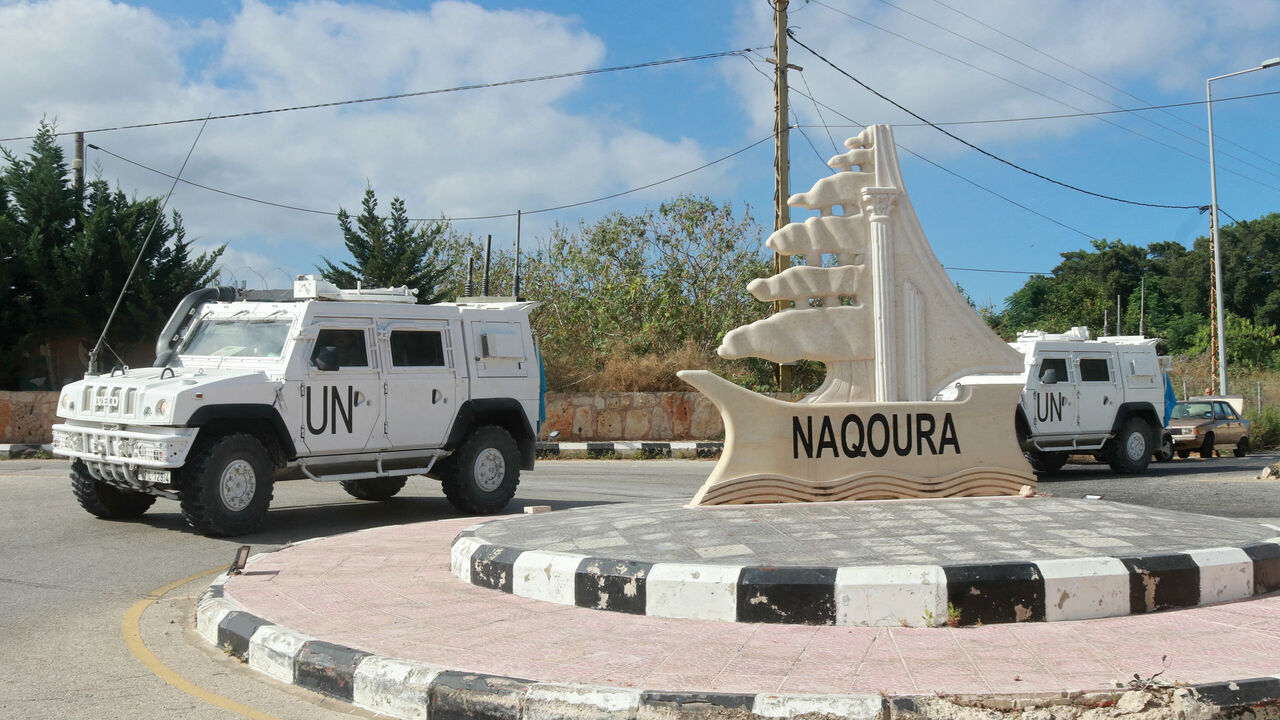
European Union foreign affairs chief Josep Borrell called Monday on Israel to stop attacking United Nations posts following an assault by the Jewish state on Friday that hit a position occupied by UN peacekeeping troops in southern Lebanon.
"The 27 [members of the EU] agreed to ask Israel to stop attacking the United Nations Interim Force in Lebanon (UNIFIL). Many EU members participate in this mission. Their work is very important. It’s completely unacceptable attacking United Nations troops," Borrell told reporters in Luxembourg, during the monthly meeting of European foreign ministers.
A statement issued in parallel by Borrell’s office read that the EU "expresses its grave concern about the recent escalation along the Blue Line. It expresses particularly grave concern regarding the attacks by the Israeli Defense Forces (IDF) against the United Nations Interim Force in Lebanon (UNIFIL), which left several peacekeepers wounded."
The statement continued that with 16 European countries contributing troops to the UN mission in southern Lebanon, "we urgently await explanations and a thorough investigation from the Israeli authorities about the attacks against UNIFIL."
On Friday, Israeli forces fired on a position occupied by UN peacekeeping troops in Ramiya in southern Lebanon, injuring two UN personnel, after two Indonesian UNIFIL peacekeepers were wounded a day prior when an Israeli tank fired at the Naqura outpost. Shortly after Friday’s incident, the Israeli military issued a statement confirming the fire, saying Israeli troops were responding to an "immediate threat" that initial assessments said was more than 50 meters (164 feet) from the peacekeepers' outpost. The statement also said the military was investigating the incident.
Prime Minister Benjamin Netanyahu called on the United Nations Sunday to immediately pull its peacekeeping forces from areas where Israel is battling Hezbollah, saying that the group is using the troops as “human shields.” Addressing directly UN Secretary-General Antonio Guterres, Netanyahu said in a video message, "It is time for you to withdraw UNIFIL from Hezbollah strongholds and from the areas of combat,” continuing that the Israeli military “has repeatedly asked for this, and has been met with repeated refusals, all aimed at providing a human shield to Hezbollah terrorists.”
First established in 1978, following UN Security Council Resolution 425 and Resolution 426, UNIFIL saw its mandate redefined in 2006, following the Second Lebanon War, via Resolution 1701 that calls for the retreat of Hezbollah to the northern bank of the Litani River, some 30 kilometers (19 miles) from the Israeli border, and for Israel to respect Lebanon’s territorial sovereignty. Thus, the UN force is currently tasked with ensuring full respect for Resolution 1701, and is mandated to report all violations of the resolution to the UN Security Council.
As of September, UNIFIL's force consisted of a total of 10,058 peacekeepers from 50 troop-contributing countries. The main participants are Indonesia (1,231), Italy (1,068), Ghana (873), Malaysia (833) and France (673).



